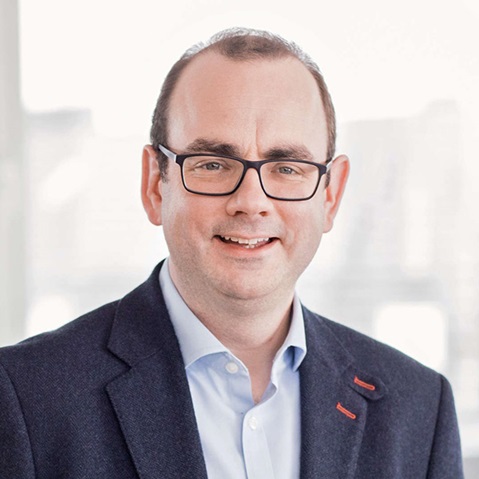



By Tom Glover, RWE UK Country Chair
Read the full article hereRWE is the largest power generator in the UK, producing around 15% of the country’s electricity. We have ambitions to invest up to £15bn by 2030 in developing clean energy projects in the UK to support the energy transition, creating high quality jobs across the length and breadth of the country. To unlock this we need a stable and supportive policy and regulatory framework.
To fully decarbonise the power sector by 2035, we need a faster and more ambitious approach to resolving the significant barriers holding back the development of low carbon power: issues such as lack of grid, network charging and reform of the CfD.
Over the coming months, I will be publishing a series of thought pieces, sharing my ideas on how to tackle these challenges.

Lack of grid infrastructure is the single biggest blocker to deployment of new low carbon power. As well as building new grid infrastructure, we need to make the connections process work better, and use the existing grid we have more efficiently.
On this, some progress is being made, but it is not yet having the impact needed.

The main area that has yet to be fully explored is the use of sharper economic signals to accelerate and optimise grid connections.
A move to more market-based solutions will mean that the most economically viable projects are the ones best placed to proceed – ultimately leading to lower costs for consumers.

More specifically I believe the following ideas need to be explored further:

Facilitating such commercial arrangements would allow for a more efficient optimisation of grid connections between assets and accelerate connections.
Low cost, low carbon generation would potentially come on earlier, and ultimately localised increases in grid capacity (and therefore new infrastructure) may be reduced, or even not be required at all.

